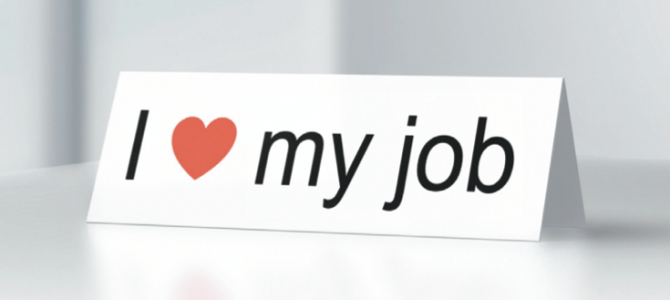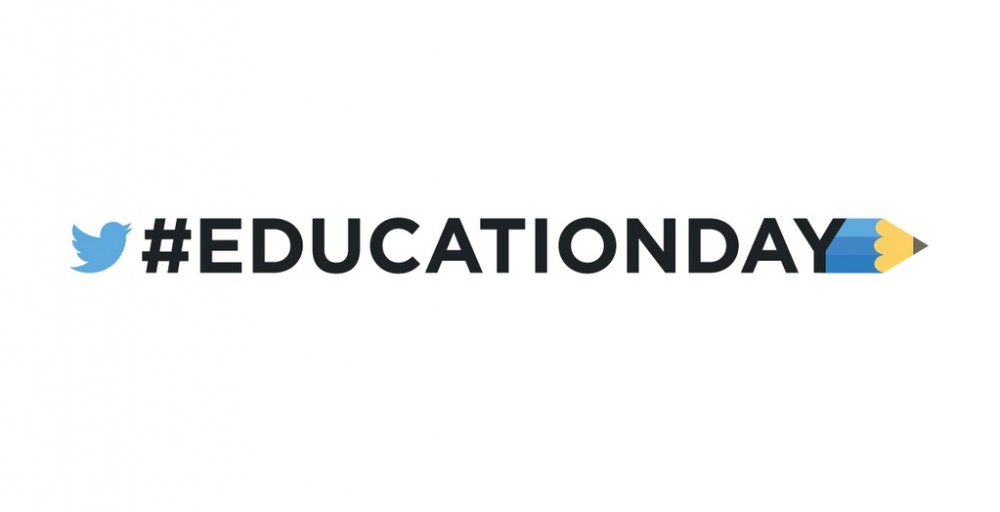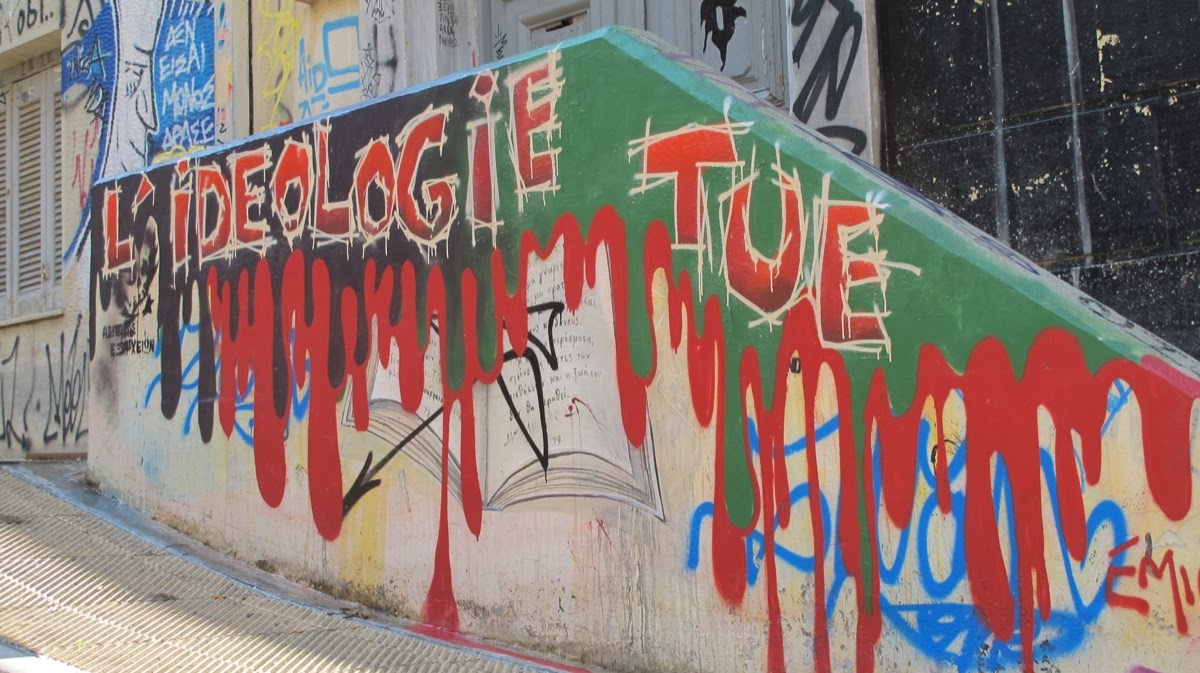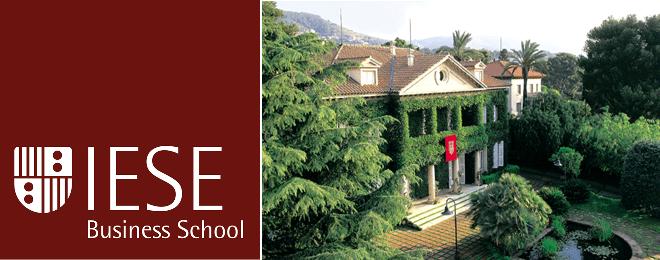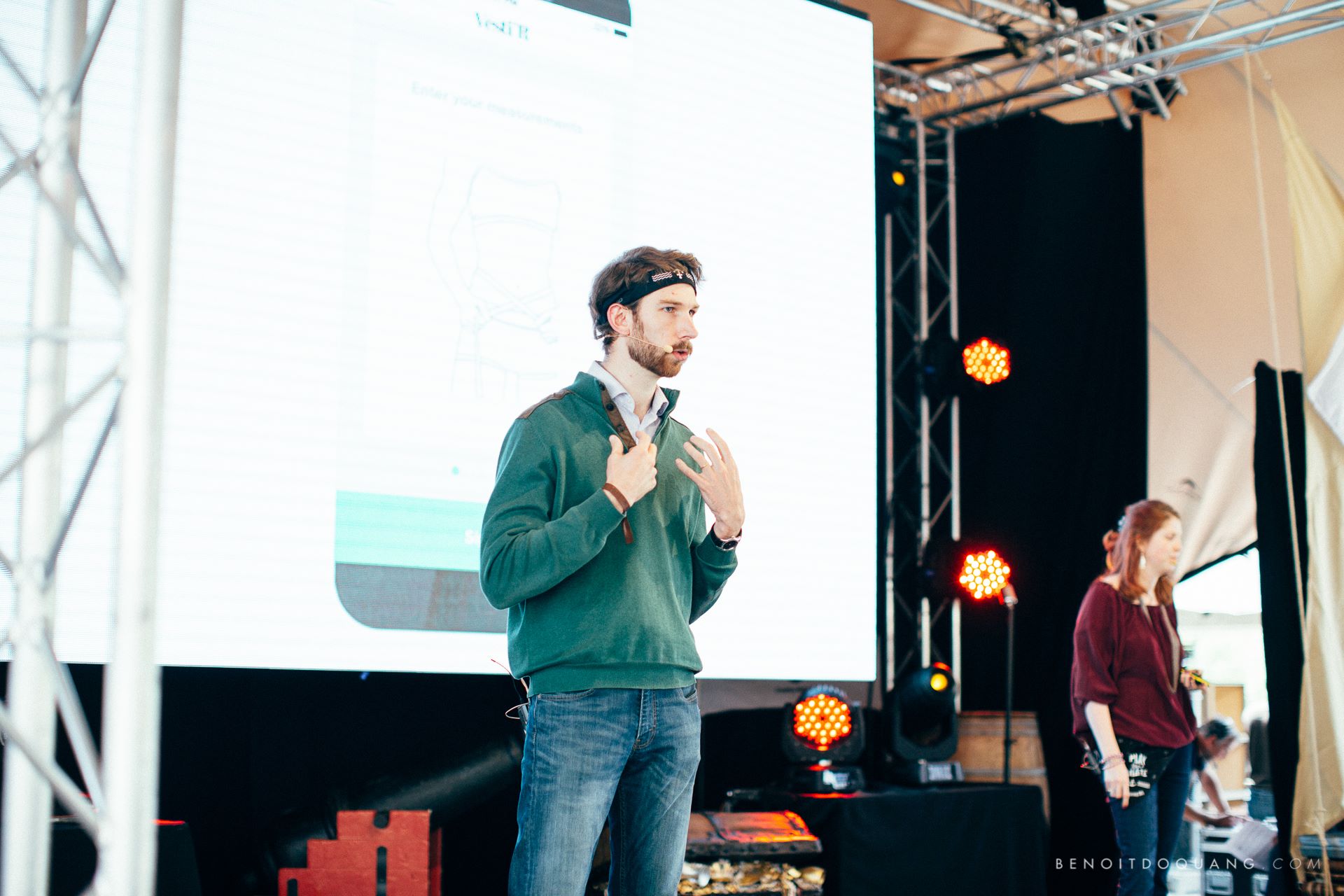Sens de la famille
J’ai la chance d’avoir grandi dans une grande famille. Mais que veux vraiment dire ce mot « famille » ? Oui, Je suis né dans une famille, avec deux parents, et plusieurs frères et soeurs. Mais est-ce que c’est tout? Est-ce que la famille se résume à ça? En tout cas, la famille est une des seules chose que j’ai reçu dès ma naissance et que j’aurais toujours. Voici donc une petite réflexion sur ma vision de la famille.
La famille c’est avant tout mes frères et soeurs avec qui j’ai grandi et qui m’ont suivi tout au long de ces années. Comme petit dernier ils m’ont inspirés, guidés, énervés, mais j’ai également des souvenirs extra avec eux. C’est donc aussi avec eux que j’ai le lien le plus proche.

Un soutien
C’est ensuite mes oncles et tantes qui m’ont soutenus, encouragés, conseillés. Je les ai vu quelques fois par an pour certains, moins souvent pour d’autres, mais ils ont toujours été là en toile de fond et savaient globalement ce que je devenais. En cas de besoin je savais que je pouvais toujours sonner à leur porte pour un conseil.
Puis, environ au même niveau, se situe le cercle des cousins qu’on voit 2 fois par an pour certains, plus pour d’autres en fonction des affinités. On passe des bons moments ensemble, on partage et on échange. Souvent on se rapproche plus des cousins de la même tranche d’âge quand on est jeune, mais avec les années on tisse aussi des liens avec les plus jeunes et les plus âgés.
Un réseau
Un peu plus loin il y a la famille plus large qu’on ne connaît pas très bien. Souvent on entend parler de « cousins » car on nous demande si on connaît pas untel parce qu’il porte le même nom que nous… mais on ne voit pas qui c’est. Pourtant ça nous permet de les suivre de loin et de se dire qu’on a quand même une famille pleine de personnalités différentes avec des gens qui font plein de trucs chouettes et qu’on mériterait à mieux connaître.
On ne peut pas toujours connaître tous les liens familiaux qui nous unissent et les arbres généalogiques nous perdent rapidement. Pourtant il y a quelque chose qui nous rassemble car nous partageons d’une certaine manière un passé commun. Et c’est ça qui nous amène à la force d’une famille au sens large.
Maintenir le lien

Aujourd’hui j’ai choisi de ne plus laisser les choses au hasard. Nous sommes tous plein de ressources, d’idées et de potentiel. Et nous avons quelque chose de fort qui nous relie, certes intangible, ce sont les valeurs que nous ont partagés nos ancêtres communs.
Je veux à leur image pouvoir être un maillon de la chaine. Même si nous sommes dans un monde complexe et que seul on se sent parfois un peu démuni. Je pense que c’est en famille que nous pouvons faire quelque chose.
Un réseau familial
Je suis convaincu que nous gagnons à mieux nous connaître et à plus interagir ensemble. Savoir ce que nos cousins font et pouvoir puiser dans les innombrables talents que la famille regroupe est une aubaine. C’est en partageant nos expériences de vie que cela est possible.
La famille n’est pas seulement un groupe de personnes dont on ne connait pas tout le monde mais qui portent le même nom que nous. C’est aussi un réseau de gens auquel on peut faire appel quand on a besoin. Que ce soit :
- Pour un conseil spécifique et professionnel
- Pour visiter une nouvelle ville / région / pays
- Pour partager une passion
C’est en renforçant et en maintenant les relations entre générations qu’on peut tisser ces liens et y puiser des relations formidables.
Je pense donc que nous devons cultiver ces relations. Même si ce n’est pas toujours évident car le temps et la distance nous sépare, mais la technologie et internet nous rapproche ! C’est donc devenu facile d’envoyer des nouvelles de temps en temps, de se connecter sur Facebook ou LinkedIn ou de profiter d’un passage dans la région pour dire bonjour.
En ce début d’année ou ma famille grandi encore un peu avec mon fils qui vient de naître, voici un bon engagement à prendre.

